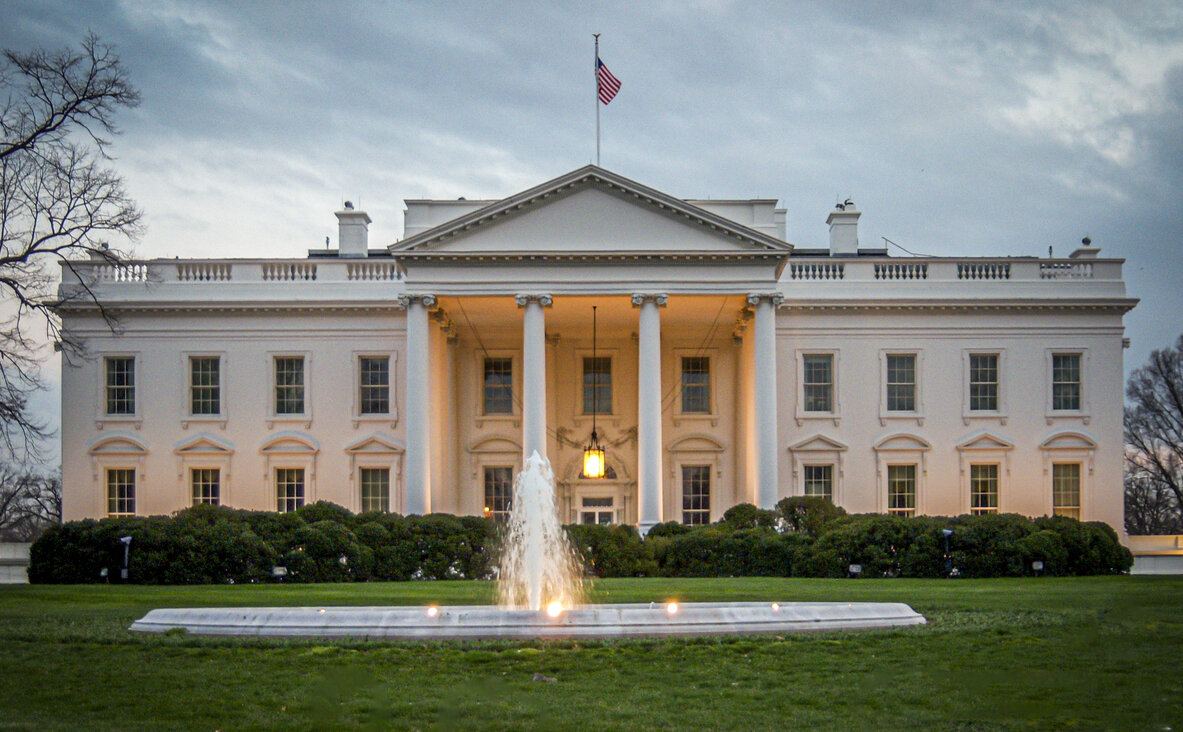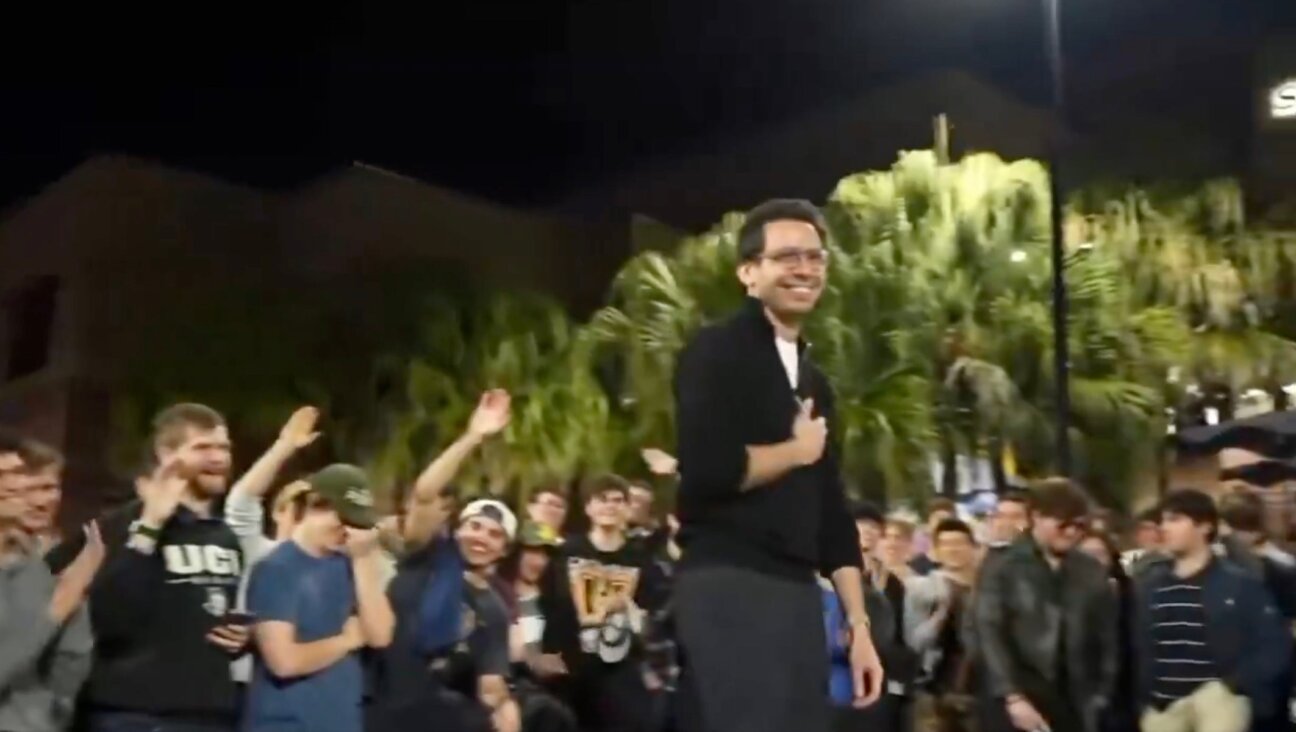Bibi Deal Means Less Power for Haredi Parties
Members of the Shas party and their spokespeople have been saying all morning long that they were updated during all stages that led to the agreement between Benjamin Netanyahu and Shaul Mofaz regarding a unity government. They want to say that everything is fine, Shas is part of the agreement, senior partners. But this is precisely what causes distress among the representatives of the ultra-Orthodox public: will Shas, the senior partner in the coalition, the party with four ministers in the cabinet, the one that brought about big developments, have to contend with mere updates?
Interior Minister Eli Yishai was part of the privy to the inner workings, and yesterday after midnight, when the dish was prepared, he was invited to the prime minister’s home for an update. After him, members of United Torah Judaism were updated in the wee hours of the morning. Everyone praised the establishment of the unity government, as if they had a choice. Shas and United Torah Judaism will try and enjoy a stable government, to make moves that sit atop the Haredi community’s list of priorities, such as housing, budgets for religious institutions and the appointment of Rabbis and rabbinical judges.
But Shas is currently a middle-sized faction with 11 MKs in a coalition of 94, and United Torah Judaism’s situation, with five MKS is worse. Even without the ultra-Orthodox, Netanyahu is left with 78 votes in the plenum.
Where does this leave the Haredi community? In a completely different place than they were used to over the last several years: the deciding factor, senior partners, Netanyahu’s favorite son. The question is whether any of this will be significant for Netanyahu and Mofaz’s promise to change the existing order as it relates to exemption for yeshiva members. Netanyahu told Yishai and Yaakov Litzman overnight that he wants them in his government, but everyone knows well that their bargaining power is decreasing.
For more, go to Haaretz.com















